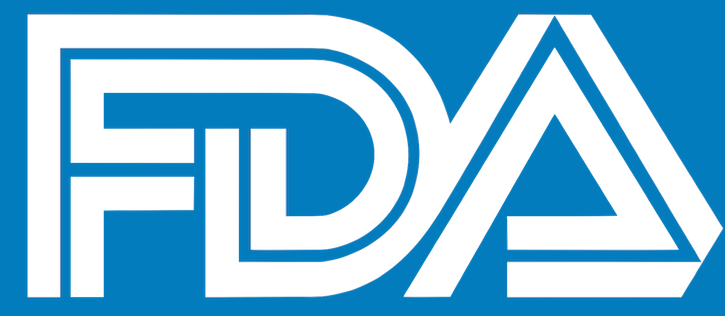FDA Clears Wearable to Prevent Patients at Risk of Venous Thromboembolism
The device offers a non-invasive, alternate treatment option for patients who might not benefit from other traditional treatment.

Sky Medical Technology today announced that the U.S. Food and Drug Administration (FDA) cleared its medical device, geko, which prevents venous thrombosis in non-surgical patients at risk for venous thromboembolism.
Geko is a non-invasive, battery-powered, wearable device used to stimulate calf muscles. The wearable is the size of a wristwatch and is worn at the knee. The device stimulates the peroneal nerve to activate the calf and foot muscle pumps, leading to increased blood flow in the deep veins of the calf.
“The geko device represents an exciting new treatment option for clinicians to manage stroke patients at risk for developing a deep vein thrombosis when clinicians are concerned about bleeding in the early management of the patient,” said Fred Rincon, M.D., a professor of neurology and neurologic surgery at Thomas Jefferson University in Philadelphia.
Patients with acute stroke who wore the geko device to prevent venous thromboembolism reported that 0% got the condition, a study found. Patients in the control group who were prescribed sequential compression devices reported venous thromboembolism in 2.4% of the subset, while 1.1% of those prescribed pharmacological prophylaxis reported having the condition.
Of those who wore a sequential compression device, 30% became intolerant to the device, the study reported. Meanwhile, patients reported good tolerance for the geko device.
“The data have shown a need to use the geko device when other (venous thromboembolism) prophylaxis strategies are contraindicated or impractical and provides an option where previously, patients would have had no other intervention available to them,” said Indira Natarajan, M.D., a consultant stroke physician and clinical director for neurosciences at the NHS Royal Stoke University Hospital in the U.K.
Multiple NHS trusts and international markets already adopted the technology, while the FDA clearance could lead to increased adoption across the U.S., where an estimated 60,000 to 100,000 American die each year as a result of venous thromboembolism.
Get the best insights in digital health directly to your inbox.
Related
FDA Clears ProTom's Proton Therapy System
AI Medical Service Raises $42.9M for Endoscopy Tech
FDA Clears Medical Device to Help Detect Peripheral Artery Disease
Waiting for FDA to Catch Up: What Hospitals Can Do to Address Supply Chain and Device Shortages
July 6th 2021Peter Urbanowicz, managing director and co-head of Alvarez and Marsal’s Healthcare Industry Group, discusses the FDA’s new focus in addressing supply chain and device shortages posed by the COVID-19 pandemic and what hospitals should be doing in the meantime to adjust.